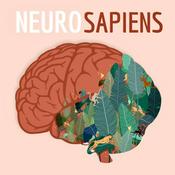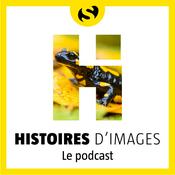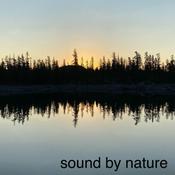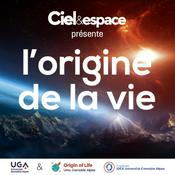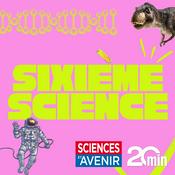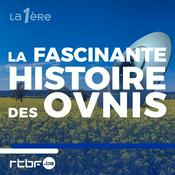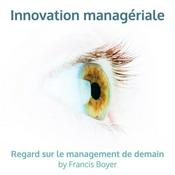118 épisodes
- Harmful algal blooms occur when an overgrowth of algae produces toxins in a body of water, affecting fish, shellfish, marine mammals, birds, and even people. Ecological forecasting is an important tool for protection from these blooms. Join this coastal conversation with Steve Kibler, an oceanographer with the National Ocean Service, and Kasey Jo Wright, an environmental technician with the Kodiak Area Native Association, as they discuss harmful algal bloom forecasting in Alaska and its effects on shellfish harvesting within Indigenous communities.
NOAA Ocean Podcast: Episode 82 - Coastal Conversation: Harmful algal bloom forecasting in Alaska - Fifteen years ago, NOAA played a critical role in the initial response, assessment, and development of a restoration plan following the Deepwater Horizon oil spill — the largest offshore oil spill in U.S. history. In this episode, we’re joined by experts Doug Helton and Lisa DiPinto from the National Ocean Service’s Office of Response and Restoration to discuss the earliest moments of the response, and the progress made over the past 15 years to advance oil spill science and technologies.
NOAA Ocean Podcast: Episode 80 - Deepwater Horizon Oil Spill: 15 Years of Advancing Science - Rising waters can spell trouble for coastal areas. The impacts of high tide flooding can range from longer commute times to business closures and construction delays. NOAA plays a vital role in helping communities prepare for and respond to flooding threats. This episode features a panel of experts from NOAA’s Center for Operational Oceanographic Products and Services. We’re joined by oceanographers Analise Keeney and Karen Kavanaugh and chief scientist Greg Dusek, Ph.D.
NOAA Ocean Podcast: Episode 77 -High Tide Flooding - Attention beachgoers! Don’t let ocean and shoreline hazards keep you from enjoying your time at the beach this summer; instead, boost your “Blue IQ” through this episode. Listen to ocean and coastal safety expert Bruckner Chase discuss common beach hazards and best practices to keep you and your loved ones safe in the surf.
NOAA Ocean Podcast: Episode 81 - Boost Your Blue IQ - Marine debris is a large and global problem. Plastics, metals, rubber, fishing gear, and other lost and discarded items enter our ocean, Great Lakes, waterways, and coastal areas every day. This challenging problem can cause negative impacts to wildlife, the environment, and the economy. In this episode, we chat with our expert, Sophie Maginnes, communication specialist with NOAA’s Marine Debris Program.
NOAA Ocean Podcast: Episode 78 - Marine Debris - Talking Trash
Plus de podcasts Sciences
Podcasts tendance de Sciences
À propos de NOAA Ocean Podcast
From corals to coastal science, connect with NOAA experts in our podcast series that explores questions about the ocean environment.
Site web du podcastÉcoutez NOAA Ocean Podcast, Paléoanthropologie du genre Homo - Jean-Jacques Hublin ou d'autres podcasts du monde entier - avec l'app de radio.fr
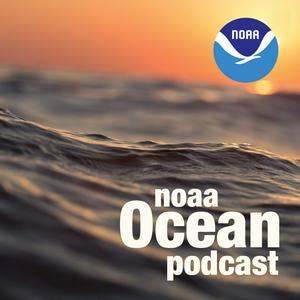
Obtenez l’app radio.fr gratuite
- Ajout de radios et podcasts en favoris
- Diffusion via Wi-Fi ou Bluetooth
- Carplay & Android Auto compatibles
- Et encore plus de fonctionnalités
Obtenez l’app radio.fr gratuite
- Ajout de radios et podcasts en favoris
- Diffusion via Wi-Fi ou Bluetooth
- Carplay & Android Auto compatibles
- Et encore plus de fonctionnalités


NOAA Ocean Podcast
Scannez le code,
Téléchargez l’app,
Écoutez.
Téléchargez l’app,
Écoutez.









